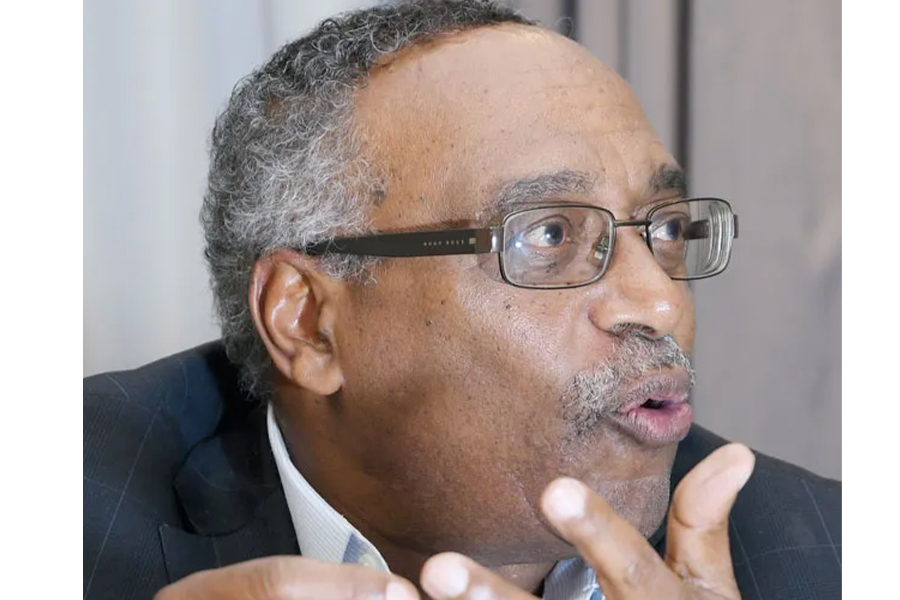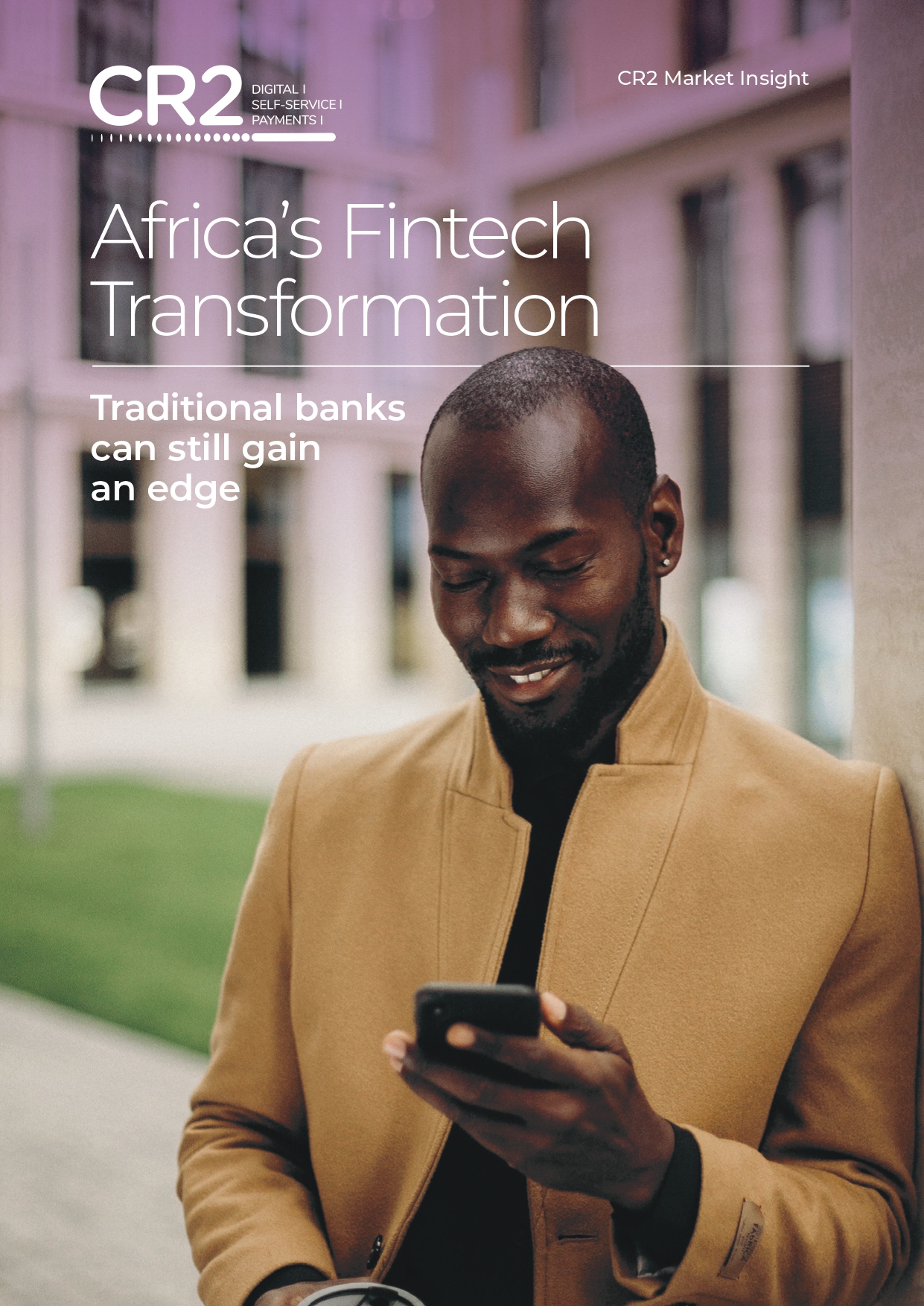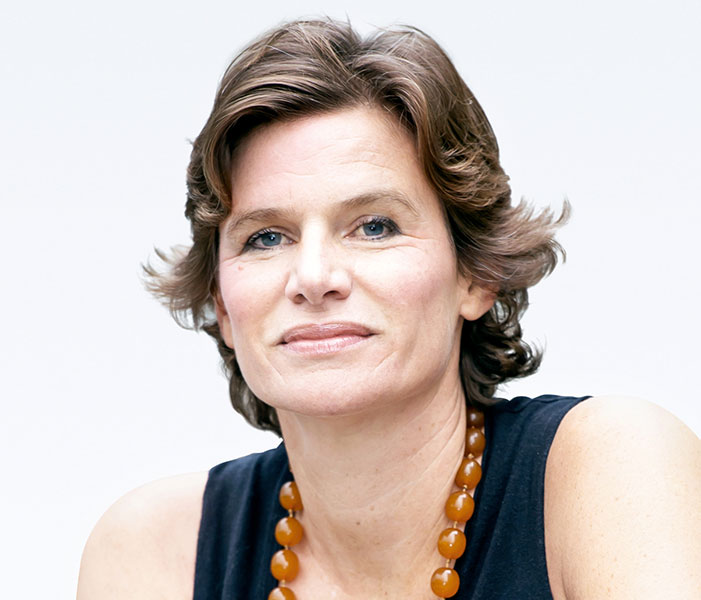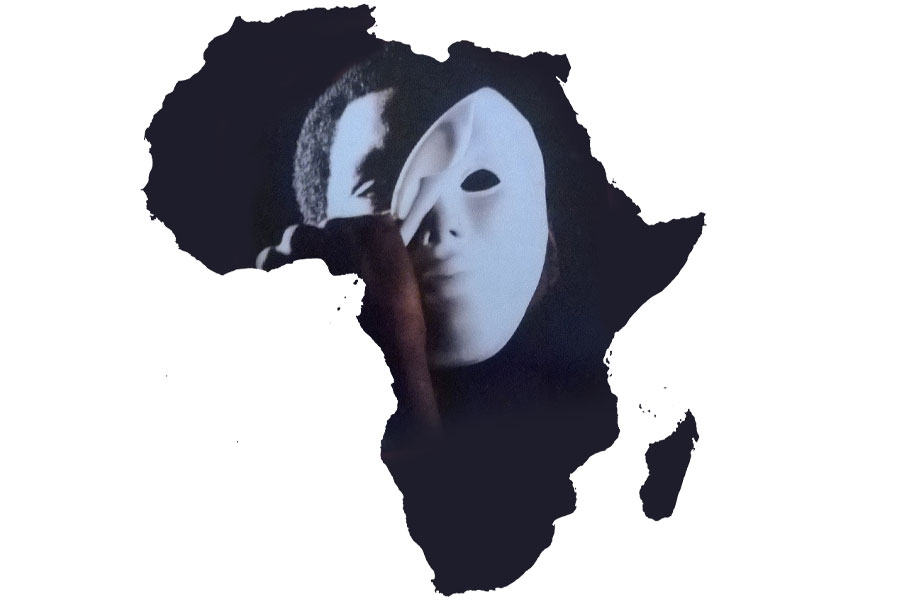
Jul 26 , 2025
By Abdul Mohammed
Zohran Mamdani’s victory in New York City's mayoral race is more than a milestone for American urban politics. It is a moment of inspiration, and a sharp reminder, for those across the African continent who once believed, and must think again, in the power of progressive politics.
The son of Uganda and one of Africa’s finest living public intellectuals and scholars, Mahmood Mamdani, Zohran has demonstrated that a people-powered and democratic socialist movement can triumph, even in the heart of global capitalism. His campaign centred on the working poor, immigrants, tenants, and youth. It listened, it organised, it built. And it won.
This is the kind of politics that once animated the African continent. And it is the kind of politics Africa urgently needs to resurrect.
It is easy to forget today, in an age of elite capture, militarisation, and political disenchantment, that progressive movements led Africa’s path to liberation. The Pan-Africanism of the 20th Century, whether in Accra, Johannesburg, the Caribbean, Algiers, or Atlanta, was rooted in solidarity, social justice, and collective dignity. Its leaders were young, often materially poor, but morally resolute.
They met in Manchester in 1945, in Accra in 1958, and again in Addis Abeba in 1963, to chart a course out of colonialism and toward unity. The Organisation of African Unity (OAU) was born of their vision to overcome fragmentation and assert Africa’s agency on the world stage.
That generation did not inherit wealth or power. What they had was purpose, and a belief in the ability of ordinary people to shape their own futures. Pan-Africanism was never only about flags and borders. It was about the emancipation of the African spirit, wherever it resided in Soweto, in Harlem, in Port-au-Prince.
But somewhere along the way, the liberators became rulers. And many were seduced by the very tools of domination they had once resisted: the gun, the palace, and the patron. The Cold War turned Africa into a chessboard. Corruption crept into the post-colonial state. Military coups became routine. The dream of collective freedom was replaced with the reality of elite power.
At the turn of the millennium, there was a glimmer of hope.
The African Renaissance, championed by figures such as Thabo Mbeki, Meles Zenawi, and Salim Ahmed Salim, sought to restore Africa’s voice. The African Union (AU) replaced the OAU. The New Partnership for Africa’s Development (NEPAD) laid out a vision of accountable governance, continental integration, and economic transformation. But that resurgence was short-lived.
Over the last decade, Africa has once again fallen under the grip of militarised regimes, transactional politics, and predatory elites. Right-wing populism has taken root, often clothed in tribal garb or prosperity gospel preachings. Evangelical movements, aligned with global conservative currents, have promoted a doctrine of personal wealth accumulation, privatised salvation, and disdain for the collective.
Politics of hope, dignity, and equity can still defeat politics of fear, greed, and division.
African governments may be richer than ever in natural resources, but the people are poorer, angrier, and more excluded. Governance has collapsed in too many states. Regional institutions have grown weak. And Africa’s global agency has withered under the weight of debt, foreign military bases, and extractive economic deals with Middle Eastern autocracies and unaccountable corporations.
The African people have not given up, but they have been betrayed by those who promised democracy and delivered kleptocracy.
It is against this backdrop that Zohran Mamdani’s campaign offers a lifeline of political hope. His message was straightforward. The wealthiest city in the world should be affordable to the people who live and work in it. The role of government, he argued, is not to enrich landlords or appease developers, but to ensure housing, healthcare, education, and safety for all.
Instead of relying on big donors, Mamdani turned to the people. He walked the neighbourhoods. He listened to mothers, immigrants, street vendors, and students. He built coalitions grounded in trust and shared struggle. And the people responded.
New York, long known for its transactional and donor-driven politics, chose a candidate whose only real currency was his integrity. His agenda was not imposed from above. It was built from below.
This is the politics Africa should reclaim. Progressive politics is not a Western import. It is Africa’s inheritance. It animated our independence struggles. It inspired our constitutions. It defined the first generation of post-colonial African states. Today, that legacy lies dormant, but not dead.
To resurrect it, African progressives should return to first principles. They should organise, listen to their people, and not preach to them. They should run for office not only to win power but to restore purpose. They should champion ideas that unify across ethnicity and class, ideas rooted in justice, dignity, and the public good. Above all, they should believe again in the collective because no African country will thrive in isolation.
Fragmentation is our enemy. Unity is our only viable path to global relevance, regional strength, and internal renewal.
Zohran Mamdani’s democratic party primary win reminds us that people-powered politics is not a fantasy. It is a strategy. And it works. His campaign was not about nostalgia. It was about possibility. It proved that politics of hope, dignity, and equity can still defeat politics of fear, greed, and division.
In Africa, we have the youth. We have the ideas. We have the history. What we need is the courage to organise around it again. Let Zohran Mamdani’s primary victory be a wake-up call to Africa’s young leaders, thinkers, and activists. Let it be a rallying cry for a new Pan-African progressive agenda, one that reclaims our future from the grasp of the corrupt, the powerful, and the indifferent.
We once won our freedom by believing in ourselves. We must now win our future by doing the same.
PUBLISHED ON
Jul 26,2025 [ VOL
26 , NO
1317]


Sunday with Eden | Dec 19,2018

Viewpoints | Jul 07,2024

Sponsored Contents | Nov 22,2021

Exclusive Interviews | Oct 30,2022

Commentaries | Oct 26,2024

View From Arada | Oct 11,2025

Commentaries | Apr 11,2020

Viewpoints | Oct 18,2025

Viewpoints | Sep 17,2022

Viewpoints | Oct 12,2024

Photo Gallery | 179002 Views | May 06,2019

Photo Gallery | 169198 Views | Apr 26,2019

Photo Gallery | 160074 Views | Oct 06,2021

My Opinion | 137134 Views | Aug 14,2021
Commentaries | Oct 25,2025

Dec 22 , 2024 . By TIZITA SHEWAFERAW
Charged with transforming colossal state-owned enterprises into modern and competitiv...

Aug 18 , 2024 . By AKSAH ITALO
Although predictable Yonas Zerihun's job in the ride-hailing service is not immune to...

Jul 28 , 2024 . By TIZITA SHEWAFERAW
Unhabitual, perhaps too many, Samuel Gebreyohannes, 38, used to occasionally enjoy a couple of beers at breakfast. However, he recently swit...

Jul 13 , 2024 . By AKSAH ITALO
Investors who rely on tractors, trucks, and field vehicles for commuting, transporting commodities, and f...

Oct 25 , 2025
The regulatory machinery is on overdrive. In only two years, no fewer than 35 new pro...

Oct 18 , 2025
The political establishment, notably the ruling party and its top brass, has become p...

Oct 11 , 2025
Ladislas Farago, a roving Associated Press (AP) correspondent, arrived in Ethiopia in...

Oct 4 , 2025
Eyob Tekalegn (PhD) had been in the Governor's chair for only weeks when, on Septembe...

Oct 25 , 2025 . By YITBAREK GETACHEW
Officials of the Addis Abeba's Education Bureau have embarked on an ambitious experim...

Oct 26 , 2025 . By YITBAREK GETACHEW
The federal government is making a landmark shift in its investment incentive regime...

Oct 29 , 2025 . By NAHOM AYELE
The National Bank of Ethiopia (NBE) is preparing to issue a directive that will funda...

Oct 26 , 2025 . By SURAFEL MULUGETA
A community of booksellers shadowing the Ethiopian National Theatre has been jolted b...